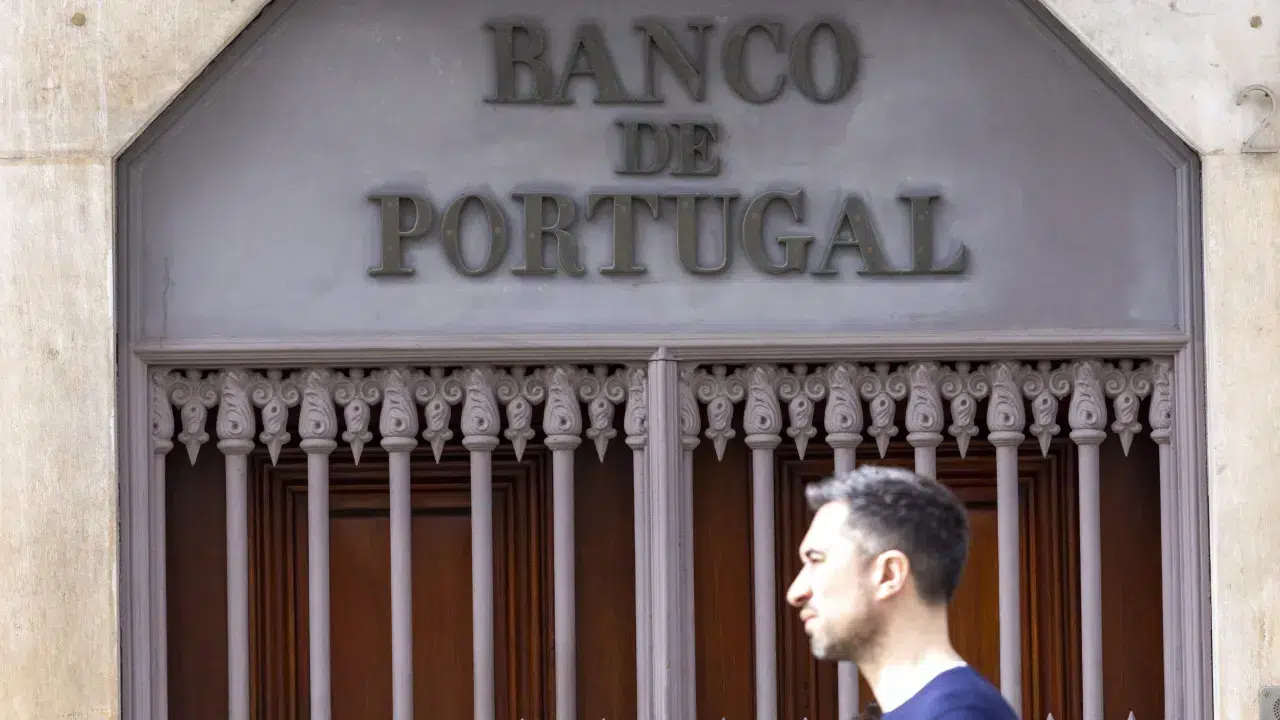
A legislative bill of this nature had previously been introduced by the Liberal Initiative (IL) during the last parliamentary session, but it was neither voted on nor debated due to the dissolution of the Assembly of the Republic and the scheduling of early legislative elections.
The party stated that the bill will be presented to the President of Portugal, Marcelo Rebelo de Sousa, during an audience with the new leader of the IL, Mariana Leitão, scheduled for this afternoon at the Belém Palace.
In the bill’s explanatory memorandum, the IL emphasizes the importance of ensuring “the independence of the Bank of Portugal’s (BdP) management from the Government” and “the quality of the members of its governing bodies, ensuring that they are fully suitable for the exercise of their functions.”
The party highlights that currently, both the governor and the other members of the BdP’s board are appointed by the Government, “following a proposal from the Minister of Finance and a non-binding opinion from the Assembly of the Republic.”
The party argues for strengthening the appointment process by creating a BdP body responsible for evaluating candidate suitability, thereby enhancing the independence of candidate proposals.
IL proposes that the BdP should select “candidates through an international public competition,” organized by a new internal body named the Ethics, Nominations, and Remuneration Council, which would replace what they describe as “the neglected Salary Committee, which did not meet for over a decade.”
The party’s proposal aims to ensure that selections are made of “eminently qualified individuals for the position, free from conflicts of interest.”
The bill suggests amending the BdP’s organic law so that the governor is “appointed by a resolution of the Council of Ministers, following a proposal from the Ethics, Nominations, and Remunerations Council, accompanied by an opinion on the individual’s suitability, after a reasoned opinion from the competent committee of the Assembly of the Republic.”
As for the other members of the BdP’s board, they would be appointed by the Council of Ministers but proposed by the bank’s governor, with an opinion from the Ethics, Nominations, and Remunerations Council. Unlike the process for appointing the BdP governor, they would also need to undergo a parliamentary hearing before being selected.
Regarding the composition of the new Ethics, Nominations, and Remunerations Council, IL proposes that it be comprised of three members, “appointed by the government official responsible for finance, on the proposal of the Bank of Portugal’s Audit Council and with the opinion of the competent committee of the Assembly of the Republic.”
In addition to changing the selection method, IL also proposes changes to the exclusion criteria for senior BdP positions, specifically prohibiting individuals who “have held national governmental positions in the three years preceding their appointment.”
The IL justifies this measure by specifically referring to the case of Mário Centeno, the current BdP governor and former PS Finance Minister, arguing there is a gap in the law when individuals with management responsibilities or shareholder responsibilities in supervised entities are excluded from the role for the past three years, yet those who oversaw the area can assume it.
“In this bill, we also propose that this aspect be corrected to ensure a balance of exclusion factors concerning potential conflicts of interest,” states the party.




